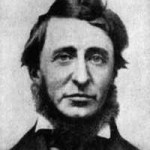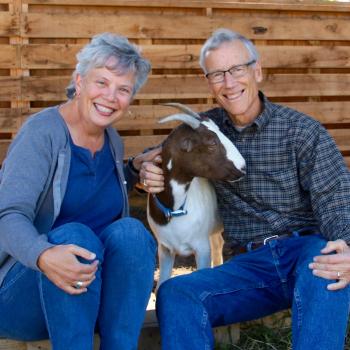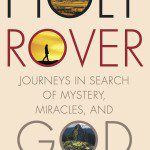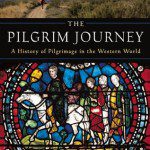
Let’s suppose you take a time-machine trip back to 1840s Concord to meet some of the people I’ve been writing about on The Holy Rover. You’d likely be impressed by Emerson (a tall, handsome man with a kindly manner) and by Louisa May Alcott’s quick wit and intelligence. Brooding Hawthorne wouldn’t talk much to you, but you could probably sense there was a great mind at work behind his shyness.
And then there’s Henry David Thoreau, who would probably strike you as odd.
That said, Thoreau is the person whom I would most like to meet walking down a shaded lane in Concord. After visiting his home town and learning more about the Transcendentalists, in fact, I have become fascinated by him. While I had read Walden years ago, but I had never known much about Thoreau’s biography, and the more I learn, the more endearing and intriguing he seems.
Of all the literary geniuses who gathered in Concord during this period, Thoreau is the one whose reputation has risen most dramatically. The writings of his contemporaries, though brilliant, often seem dated and antique, but many of Thoreau’s words are as fresh and immediate as if they were being written today (and given the scary economic climate, they ring truer than ever).
At the time, however, Thoreau was considered a harmless eccentric by most of the people of Concord. He was born into a family that owned a small pencil-making factory and grew to be a short, thin, agile, and boyish man. It has been said that the only large things about Thoreau were his ideas and his nose.
With his wild hair and shabby clothes, Thoreau had little concern for his physical appearance and was often uncomfortable around adults (though he loved children). He worked at times as a surveyor, but he was also an experienced gardener and skilled craftsman. Most of all, he loved the outdoors, and could frequently be found in the woods or in a boat paddling the waters and streams surrounding town.
“For many years I was self-appointed inspector of snowstorms and rainstorms,” he wrote, “and did my duty faithfully, though I never received one cent for it.”
In 1838 Thoreau and his brother started a small school in Concord, one that was attended by Louisa May Alcott and her sisters as well as other children in town. Its methods were influenced by the educational ideas of Bronson Alcott and included standard courses such as mathematics and English, but also nature study.
Thoreau knew so much about the natural landscape of Concord that his knowledge seemed magical to his students—some of his charges thought he must have made the place, in fact, because he seemed to know it so well. In the morning he would announce to his class that he would take them “to heaven” later in the day, and Louisa May Alcott said that it seemed as if he truly did so, introducing her and her fellow students to the wonders of cobwebs spun between stalks of grass and fish lurking in the shallows of the river.
During Thoreau’s lifetime, his own meager reputation as a writer was far overshadowed by that of his friend and mentor Emerson, who assisted him financially for years. Emerson gave Thoreau loans, found him work, and encouraged him in his writing. Their relationship was not without strains, for Emerson’s assistance could shade over into paternalism, and at times Thoreau greatly resented being dependent upon him. But in the annals of friendship, there is one act that stands above all others: In 1845, Emerson gave Thoreau the use of some land he owned on the outskirts of Concord.
The address is likely familiar to you: Walden Pond.











